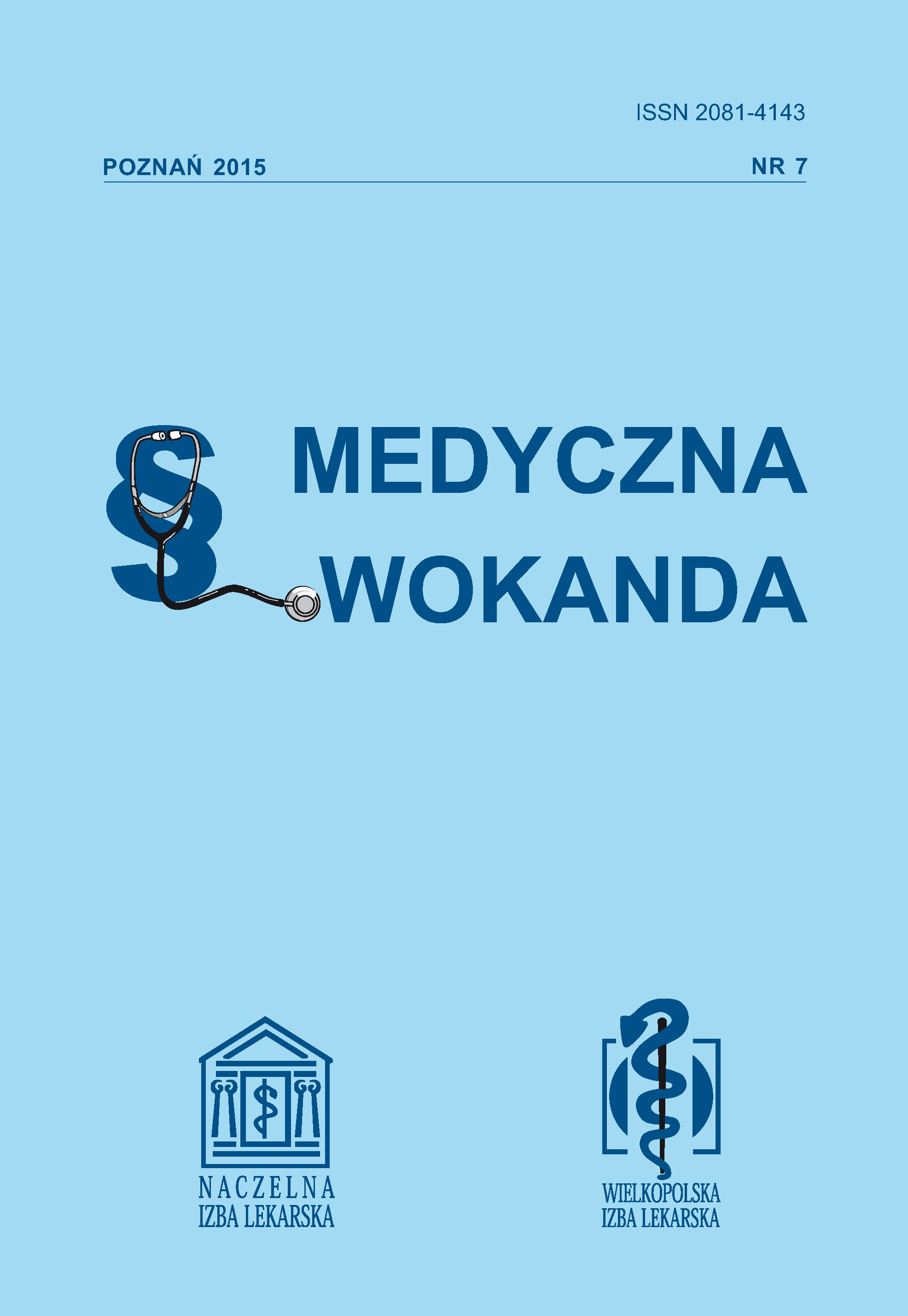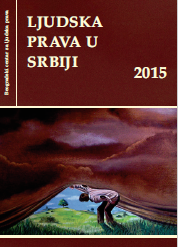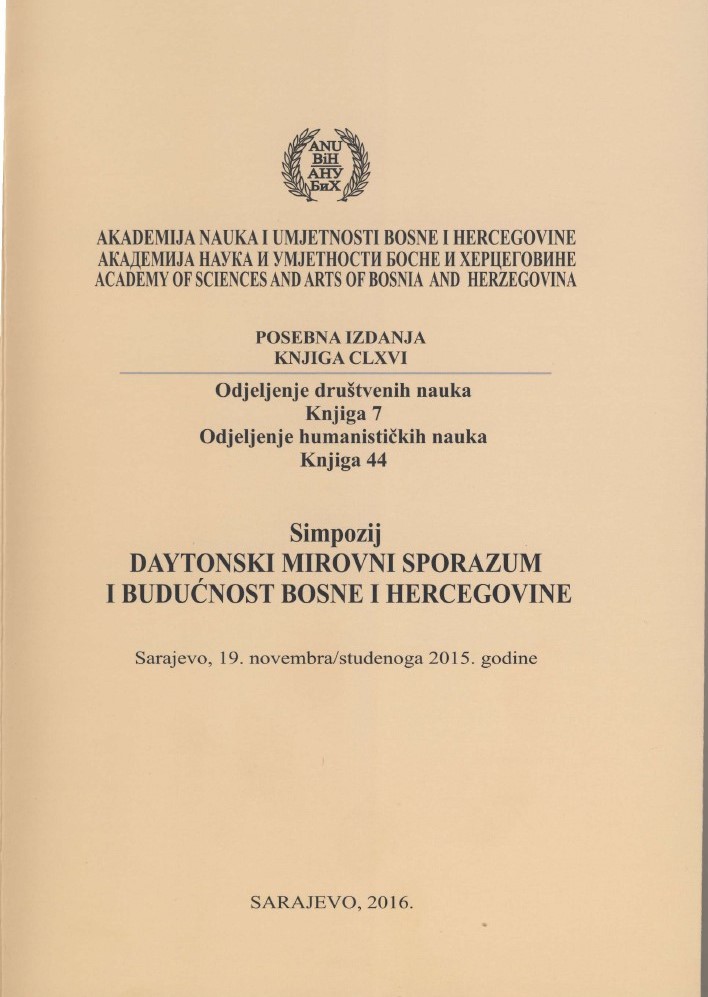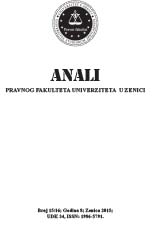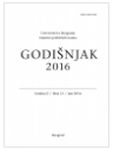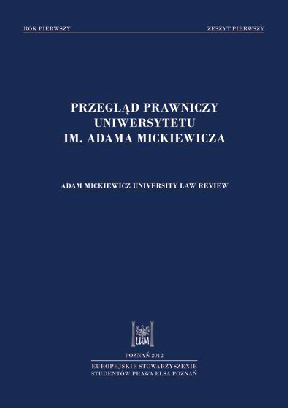
Europejski Komitet Praw Społecznych w systemie organów traktatowych międzynarodowej ochrony praw człowieka
The aim of this article is to present the European Committee of Social Rights as a supervisory body in the system of international protection of human rights. To this end, the author elaborates upon the system of treaty bodies in the field of international protection of human rights, both at the universal level within the framework of the United Nations,as well as on the regional plain in respect of the treaty bodies within the Council of Europe’s system. The author pays particular attention to the treaty acquis of the Council of Europe on the protection of social rights and, as such, discusses the European Social Charter system. The author emphasizes the particular role of a specific organ, namely the European Committee of Social Rights, within this field. One of its most notable features is the mechanism of collective complaints (fr. réclamations collectives), which was introduced to the Charter’s supervisory system on the basis of the 1995 Additional Protocol. In the author’s opinion, on the basis of the competence of the European Committee of Social Rights to hear collective complaints, it is arguable that this body performs the function of a quasi-judicial organ in the monitoring process, which distinguishes it from other treaty bodies in the field of international protection of human rights.
More...
